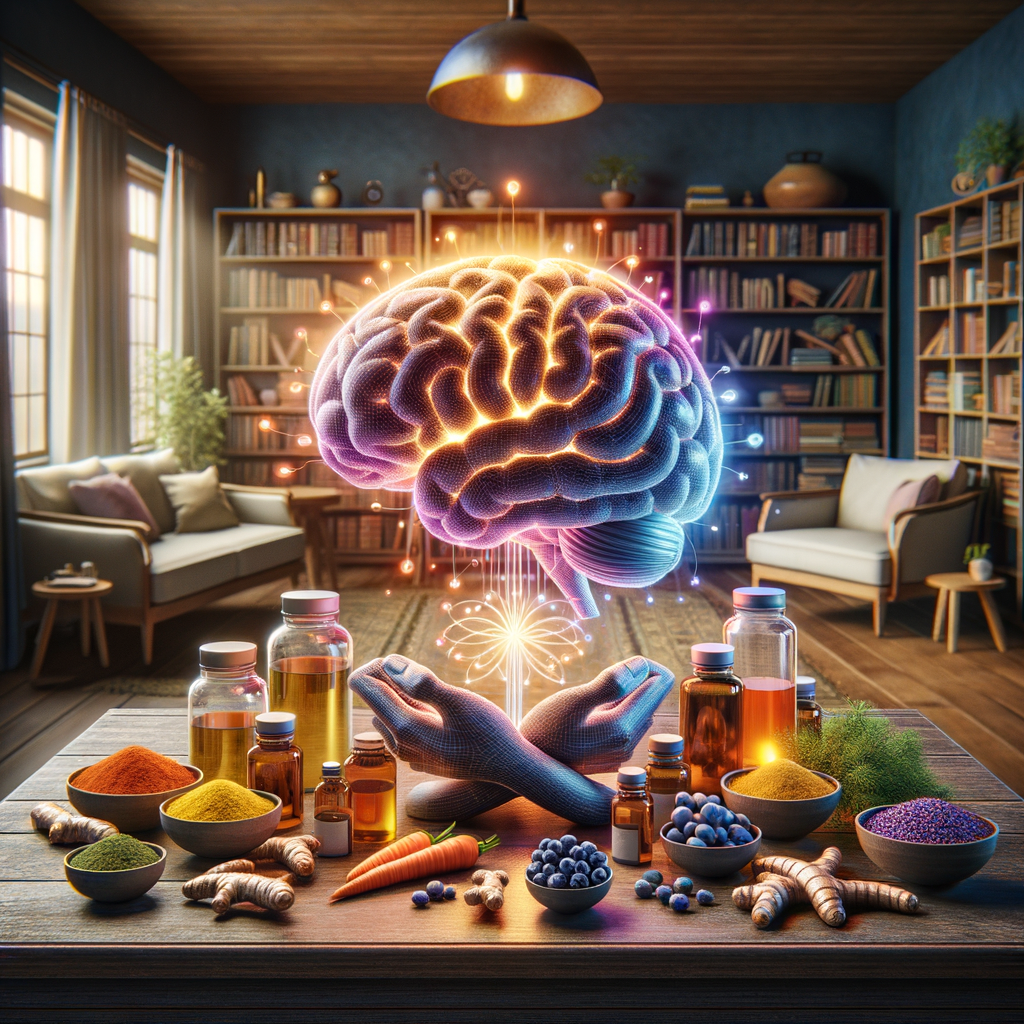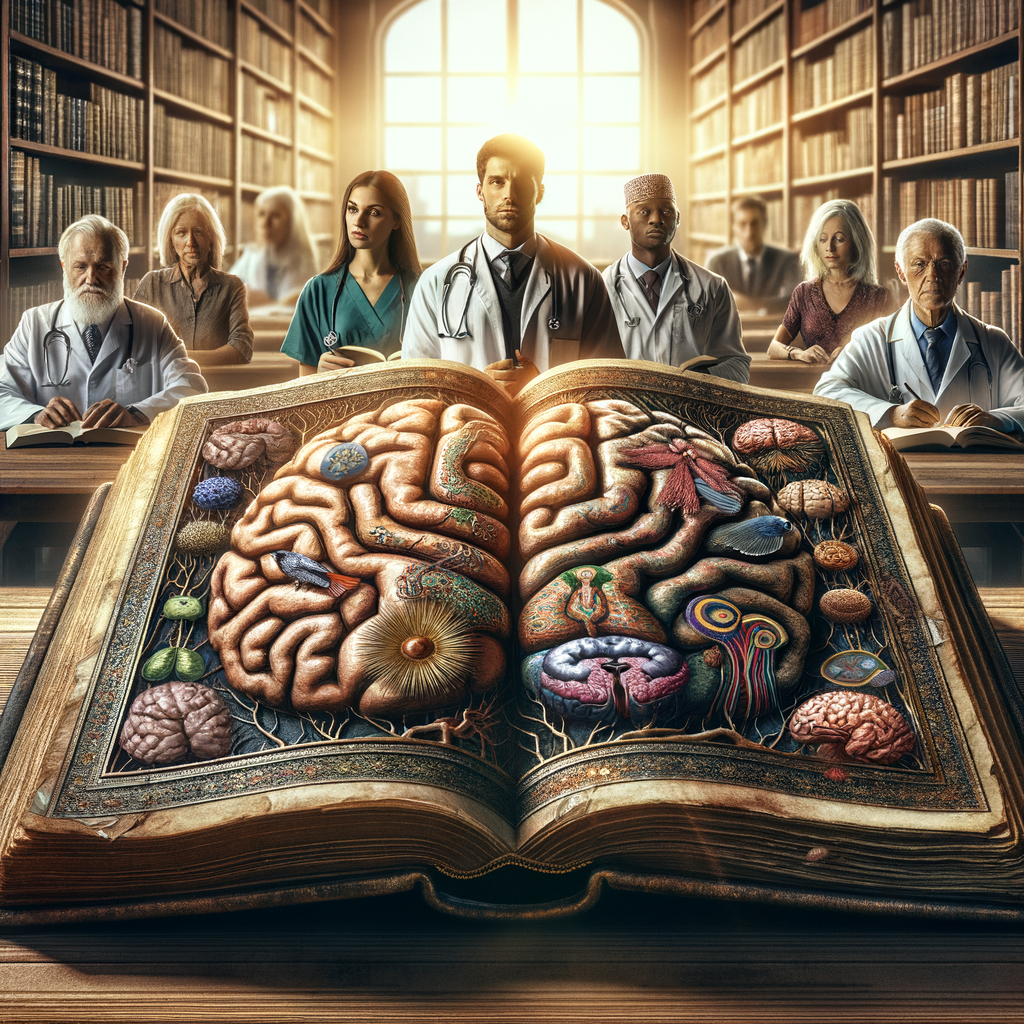A Comprehensive Guide to Vitamins, Supplements, and Natural Remedies for Combatting Dementia
Dementia is a broad term used to describe a decline in cognitive function, affecting memory, thinking, and social abilities. The search for effective management strategies has led many individuals and families to explore various options, including vitamins, supplements, and complementary natural remedies. This blog post delves into some of the most notable options to consider for enhancing cognitive health and mitigating dementia symptoms.
Understanding Dementia and Its Impacts
Dementia can result from various underlying causes, including Alzheimer’s disease, vascular issues, and other medical conditions. As the condition progresses, individuals may experience:
- Memory loss
- Difficulty communicating
- Impaired reasoning and judgment
- Disorientation
Such symptoms can significantly affect both the individual and their caregivers, emphasizing the importance of exploring all potential avenues for treatment and support.
Vitamins Essential for Cognitive Health
Research suggests that certain vitamins can play a critical role in brain health. They help in maintaining or improving cognitive function, especially in aging individuals.
Vitamin B Complex
The Vitamin B complex is particularly beneficial due to its essential role in energy production and overall nervous system health. Key vitamins include:
- Vitamin B1 (Thiamine): Important for glucose metabolism and nerve function.
- Vitamin B6 (Pyridoxine): Involved in neurotransmitter synthesis, specifically serotonin.
- Vitamin B12 (Cobalamin): Vital for maintaining healthy nerve cells and red blood cells.
Deficiency in these vitamins is often linked to cognitive decline. Therefore, ensuring adequate intake through diet or supplements could be beneficial.
Vitamin E
Vitamin E is an antioxidant that protects brain cells from oxidative stress which contributes to cognitive decline. Sources include:
- Nuts and seeds
- Spinach and broccoli
- Fortified cereals
Research has shown that higher vitamin E intake may be associated with a reduced risk of developing Alzheimer’s disease.
Key Supplements for Brain Health
In addition to vitamins, several supplements have gained attention for their potential cognitive benefits.
Omega-3 Fatty Acids
Omega-3 fatty acids, particularly DHA and EPA, are essential for brain function and development. They are mostly found in:
- Fatty fish (salmon, mackerel)
- Flaxseeds
- Walnuts
Studies suggest that omega-3s may slow cognitive decline in older adults, making them a valuable addition to a dementia management plan.
Ginkgo Biloba
Ginkgo Biloba is a herbal supplement that has been used in traditional medicine for centuries. It may improve cognitive function by enhancing circulation and protecting against neuronal damage. Various studies have yielded mixed results, but its use continues to be popular.
Complementary Natural Remedies
Alongside vitamins and supplements, some individuals explore complementary natural remedies, such as hydrogen peroxide chelation, naturopathic remedies, and acupuncture, etc., as part of a holistic approach to managing dementia.
Physical Exercise
Regular physical activity is crucial for preserving cognitive function. Exercise increases blood flow to the brain, promotes the release of neurotrophic factors, and supports overall brain health.
Meditation, Hypnosis, and Mindfulness
Practicing meditation and mindfulness can help manage stress and promote mental clarity. These practices have shown promise in enhancing executive function and emotional well-being. Visit The Store to see what hypnosis and subliminal audio programs are available.
Consultation with Healthcare Professionals
While exploring vitamins, supplements, and natural remedies, it is essential to consult with healthcare professionals. Personalized guidance can ensure safety and efficacy, especially considering potential interactions with other medications.
Conclusion
The journey towards managing dementia is multifaceted, incorporating medical interventions, lifestyle changes, and complementary therapies. By considering a healthful blend of vitamins, supplements, and natural remedies, individuals may enhance their cognitive health and well-being. Ongoing research continues to illuminate the complexities of dementia, paving the way for more effective strategies and solutions.
There you have it… See what works for you…
Campbell M Gold
To Create Health, Wealth, Success, and Longevity through the Power of Your Subconscious Mind, Visit: Campbell M Gold.com
Visit The Store and see what else can be of help


